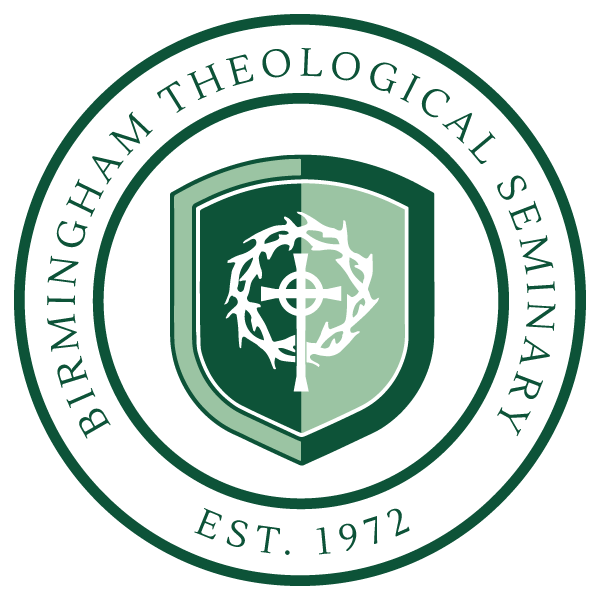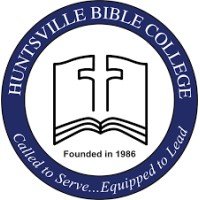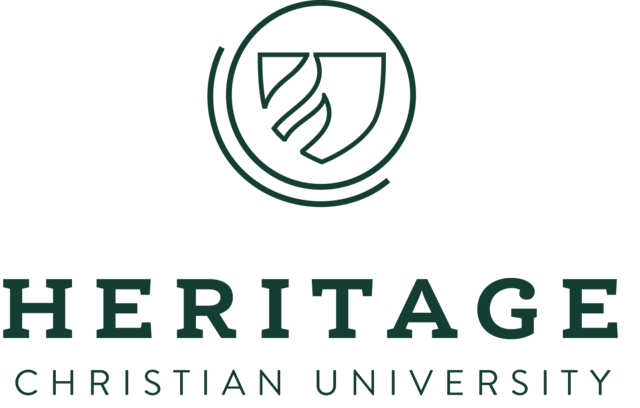
Theological Seminaries in Alabama
Your Guide to the Top Seminaries in Alabama
Best Theological Seminaries in Alabama
If you're seeking top-notch theological education in the state of Alabama, you're in the right place. Alabama is home to some of the most respected theological seminaries in the region, offering rigorous academic programs and a nurturing environment for spiritual growth.
These seminaries are designed to prepare future religious leaders, pastors, and theologians with a strong biblical and theological foundation.
Below, we explore the best theological seminaries in Alabama, where you can develop your ministry skills and deepen your faith.
Seminaries in Alabama by Location
Top Theological Seminaries in Alabama
Here are some of the most well-known and respected theological seminaries in Alabama:

Beeson Divinity School (Samford University)
Location: Birmingham, AL
Denomination: Interdenominational
Notable for: Beeson Divinity School is known for its classical theological education, focusing on both academic rigor and pastoral ministry. It offers degrees such as the Master of Divinity (MDiv) and Doctor of Ministry (DMin), preparing students for roles in pastoral leadership, missions, and various forms of ministry with an emphasis on biblical literacy and Christian tradition.

Birmingham Theological Seminary
Location: Birmingham, AL
Denomination: Presbyterian (Reformed Theology)
Notable for: Affiliated with the Presbyterian Church in America, Birmingham Theological Seminary offers a variety of degree programs, including the Master of Divinity (MDiv) and Master of Theology (ThM). The seminary is known for its emphasis on Reformed theology and preparing students for leadership roles within the church, particularly in pastoral and teaching ministries.

Huntsville Bible College
Location: Huntsville, AL
Denomination: Non-denominational
Notable for: Huntsville Bible College is committed to training Christian leaders for urban and multicultural contexts. It offers undergraduate and graduate degrees in biblical studies and ministry, emphasizing practical ministry skills alongside theological education, particularly within urban church settings.

Heritage Christian University
Location: Florence, AL
Denomination: Churches of Christ
Notable for: Heritage Christian University is known for its strong focus on preparing students for roles in preaching and missions. It offers degrees in Biblical Studies and Ministry, with small class sizes and personalized mentorship to help students grow both spiritually and academically.
Why Choose a Seminary in Alabama?
Here are some compelling reasons to consider a seminary in Alabama:

Diverse Theological Perspectives
Alabama’s seminaries represent a wide range of Christian traditions, from Reformed theology to interdenominational and non-denominational schools.
Strong Faith Communities
Alabama has a deeply ingrained Christian culture, with vibrant church communities spread across the state.
Affordable Education
Compared to seminaries in other regions, Alabama offers more affordable tuition rates and living costs. This makes theological education more accessible for students seeking high-quality training without accumulating substantial debt, especially in smaller, close-knit institutions that offer personalized support.
(FAQs) About Theological Seminary in Alabama
Theological seminaries in Alabama offer a range of degree programs to cater to different educational and vocational goals. Common degrees include:
Master of Divinity (MDiv): Designed for those preparing for pastoral ministry and leadership roles in churches.
Master of Theological Studies (MTS): Focuses on academic study of theology, suitable for careers in teaching, research, or further doctoral studies.
Doctor of Ministry (DMin): Aimed at experienced ministers seeking advanced training for leadership and specialized ministry roles.
Master of Arts in Christian Counseling: Combines theological education with counseling skills for pastoral care and counseling professions.
Bachelor’s Degrees: Some seminaries offer undergraduate programs in Biblical Studies or Christian Ministry as foundational education.
While specific requirements may vary by institution, the general admissions process for seminaries in Alabama typically includes:
Application Form: Submission of an official application through the seminary’s admissions portal.
Transcripts: Academic records from previous educational institutions.
Letters of Recommendation: Usually two or three letters from pastors, professors, or other professionals who can attest to your character and readiness for theological study.
Statement of Purpose: An essay outlining your reasons for pursuing theological education and your vocational goals.
Resume or CV: Detailing your educational background, ministry experience, and any relevant work.
Interview: Some seminaries may require an interview as part of the selection process.
Proof of Faith: A statement or affirmation of your Christian faith may be required, depending on the seminary’s doctrinal stance.
Yes, many theological seminaries in Alabama offer financial aid and scholarships to help mitigate the cost of education. These may include:
Federal and State Financial Aid: Eligible students can apply for federal loans, grants, and work-study programs.
Seminary Scholarships: Specific scholarships based on academic merit, financial need, ministry experience, or denominational affiliation.
Grants and Fellowships: Available for students pursuing particular areas of study or research.
Payment Plans: Flexible payment options to help manage tuition costs over time.
Employment Opportunities: On-campus jobs or assistantships that provide both income and relevant experience.
Many seminaries in Alabama recognize the need for flexible learning options and offer online or distance education programs. These programs allow students to:
Complete Coursework Remotely: Access lectures, assignments, and resources through online platforms.
Balance Studies with Ministry: Continue serving in ministry roles while pursuing academic credentials.
Customize Learning Schedules: Adapt study times to fit personal and professional commitments.
Alabama seminaries encompass a variety of denominational affiliations, reflecting the state’s diverse Christian landscape. Common affiliations include:
Interdenominational: Open to students from multiple Christian traditions without strict denominational ties.
Non-Denominational: Independent institutions that may not align with any specific denomination but maintain a general Christian foundation.
Specific Denominations: Some seminaries are affiliated with particular denominations, such as Presbyterian, Baptist, Methodist, Churches of Christ, or Pentecostal traditions. These affiliations often influence the seminary’s doctrinal teachings, governance, and community life.
